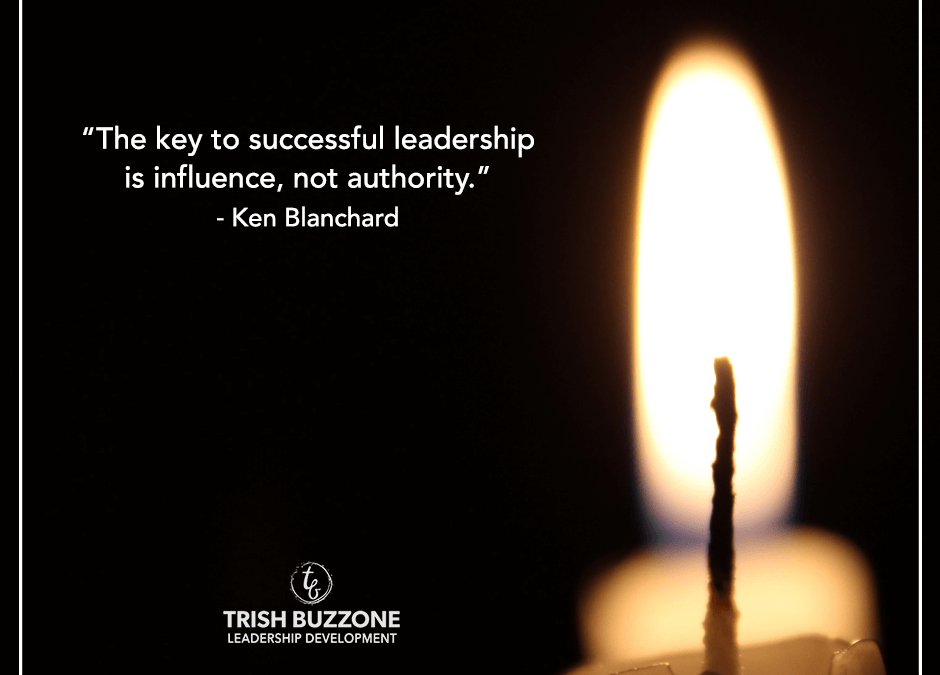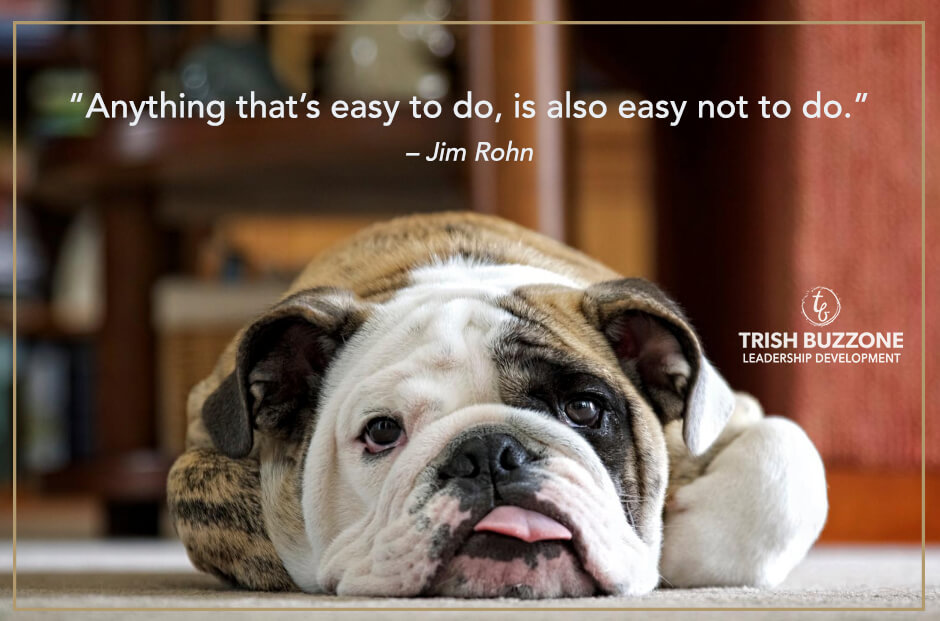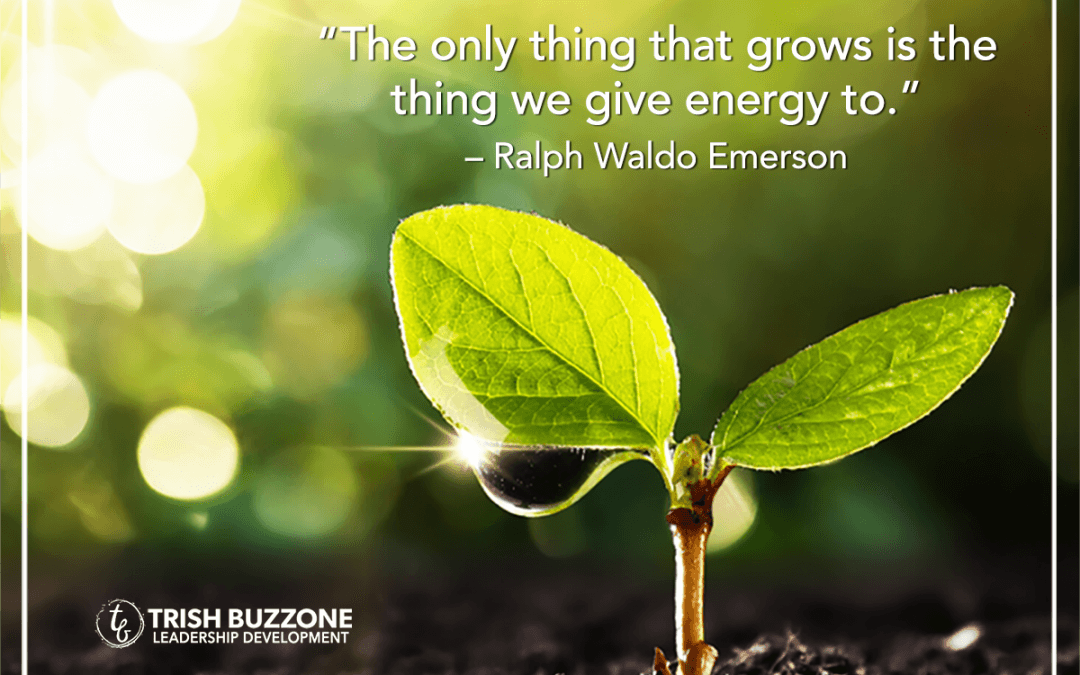In our last blog, we introduced the idea of the Employee Business Model, a daily plan to encourage and facilitate the personal and professional growth of our team members. When building and developing that plan, a leader considers every aspect of their interaction with employees and whether or not their leadership encourages more or less than that person’s best.
This process doesn’t happen in a vacuum, though. For a leader to be most effective investing in developing their team both personally and professionally, they need to have good people on the team … and that doesn’t always mean the most talented or the best skilled. Hiring from an Employee Business Model perspective often requires a shift from asking the question “Who is right for this job?” to asking “Who believes what we believe and has the skills for this job on our team?”
Buy-in From the Beginning
Shifting this question allows us to hire people with the right skills, as well as those who also share our vision and believe what we believe. Too often, our hiring processes focus only on the skills necessary to complete a specific job. That’s important, but it’s not the complete picture.
Too often, our hiring processes focus only on the skills necessary to complete a specific job.
Hiring based on skills alone misses personality or worldview issues that could cause problems later. These hidden disconnects increase turnover and foster dysfunction on our team. However, when we also hire people who share our vision, we create opportunities for real connection from the very beginning.
Asking Better Interview Questions
During the interview process, we often invest a lot of time and energy with personality tests, canned “one-size-fits-none” questions and discussions of how the prospect has achieved results in previous positions with other companies. During that process, how much time are we investing in questions that:
Directly apply to the new hire’s role on our team
Explain our expectations as leaders
Communicate what they will actually be doing on a day-to-day basis
Explore who they are as a person
Determine if their priorities match up with our vision
These questions uncover real motives and consider how their motives and heart connect with who we are and what we’re doing. These qualities are vital in our employees and all leaders, whether they have a title or not … Yet our hiring process often skips them entirely.
Sure, there are some people who are just applying for the paycheck. However, for most people, the money stops being enough sooner or later. They will want more out of their work, even if they don’t realize it now. Wouldn’t it be great if you knew what that “more” was from day one?
For most people, the money stops being enough sooner or later.
This perspective and approach to hiring answer the mystery of how a person is a bad fit on one team, yet move to a new team and become a superstar. Did they change that much, was it the environment, or was it the leader?
In many cases, it’s both a combination of the leader, the culture, and the hiring process. When a new hire takes the job with a full understanding of what will really be expected of them from day one, and they fully buy-in to the vision of the team, they are much more likely to be successful and offer optimal results.
Establishing Communication
Shifting the hiring process in this way also creates an understood culture of honest communication. The prospect will feel and see this is a different kind of place, especially if they are coming from a situation that only cared about their skills, or where they only cared about the paycheck.
When a leader demonstrates value for the person they are hiring and not only the skills they are hiring, this elevates the trust level for the new employee. They hire on knowing they are valued for who they are, as well as what they do. This also creates the basis for mutual respect, which is fundamental for proactive communication.
When a leader demonstrates value for the person they are hiring and not only the skills they are hiring, this creates the basis for mutual respect…
Employees who feel valued and connect with the vision are more apt to bring solutions, rather than just complaints. They are more likely to support the vision when times are tough, and seek to innovate and exceed, rather than just meeting minimum requirements.
Developing Leaders at Every Level
Hiring with the personal development of the employee in mind allows us to develop leaders at every level of our organization. They may not have a title or a position, however, when an employee shares the vision, understands their responsibility, practices positive communication and understands their responsibilities to be more than their “job,” they will lead from whatever role they’re in as a result.
And, when the hiring leader has a better understanding of who they are bringing onto the team, they also have a better idea how to equip and encourage that person in the areas where they may need growth. Instead of generic “training” sessions, leaders will offer targeted, specific coaching opportunities that offer greater value and deliver better results.
What does this training look like from an Employee Business Model perspective? We will begin to answer that question in the next blog.

Everything Rises and Falls on Leadership
In the modern classic Disney film, Remember the Titans, one of the most pivotal scenes involves two talented, influential rivals coming to loggerheads over who is responsible for spreading toxicity on their team. When team captain Gerry Bertier confronts...

Do the Thing and Then You’ll Get the Energy
Do the Thing and Then You’ll Get the Energy Rediscover your purpose and motivation by releasing the kinetic power of strategic tension Recently, it’s been a struggle to find my motivation to get out and do things, even things I love to do. Based on some...

Planting seeds of transformation
Planting seeds of transformationTo experience real, powerful growth, I have to begin with myself In the song, Revolution, John Lennon pushes back against the idea that important growth only happens after people join larger movements. Revolution begins,...

Why I Value Thinking Partners
Why I Value Thinking PartnersTrusted people who encourage a higher level of awareness increase our capacity to think clearly, to act intentionally, and to lead effectively As we all transition into a world indelibly changed, much of the conversation around...


0 Comments